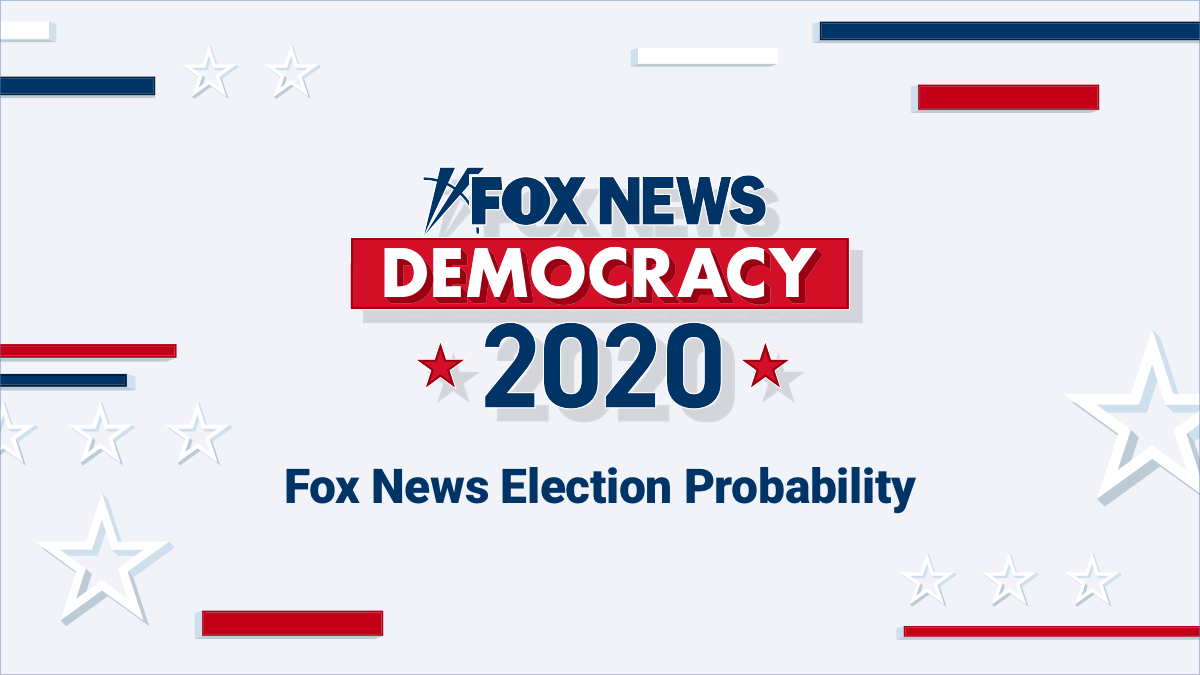- When Trump won he was largely unpopular within the Republican party. While there are still never Trumpers, I believe a number of people who were vehemently against him have reverted (people like Glenn Beck, Ben Shapiro, and Erik Erikson are good popular examples). Comparatively, I don't think there are many who voted for him who this time are not. Of course there are examples of people who fit this category, but what I'm speaking to is that the comparison between those who didn't vote for him last time (who are Republican/conservative) is larger than the groups of those who did vote for him (Republican/conservative) that won't vote for him this time. I believe he's expanded his base. Those who voted for him last time are still likely to vote for him, while those who were reluctant to vote for him on average are now much more enthusiastic.
- I believe he has expanded his base among minorities. I expect to see his percentage of minority vote to expand. He got about 8% of the black vote last time, and I wouldn't be surprised if this increases to 14%.
- I've always heard people say Trump won because voting overall was down in 2016. I'm not certain where that idea came from because the voting totals were appropriately high, but more importantly the total % of voting age people voting was higher than the previous election. So the hope is that there's enough people who don't like Trump that they'll be motivated to show up. To do so would require much higher turnout, which obviously is a new variable with more states sending out ballots, so we will have to see with that. But I think the unspoken implication is that those who didn't vote overwhelmingly would go for Biden, and that's a theory that's about to be tested. I do believe that Trump winning could have also encouraged many people who didn't vote Trump but support him to realize that he could win, despite what was the overwhelming consensus that he could not in 2016. I just don't know that there's enough movement to vote against Trump and there is to vote for him, and I think the latter is more motivating for people. Of all the people who strongly oppose Trump, how many of those individuals sat out the last election?
Of the battle-ground states, I believe he gets Florida and Ohio for sure. I think it's silly people are talking about Arizona, Texas, Iowa and Georgia. He gets those. I'm not certain about North Carolina. What it will really come down to is if he can keep any of Pennsylvania, Michigan, and/or Wisconsin. I'm less optimistic about those. He has to pull out one of those to win, unless he's flipping a couple surprises like a Nevada.

